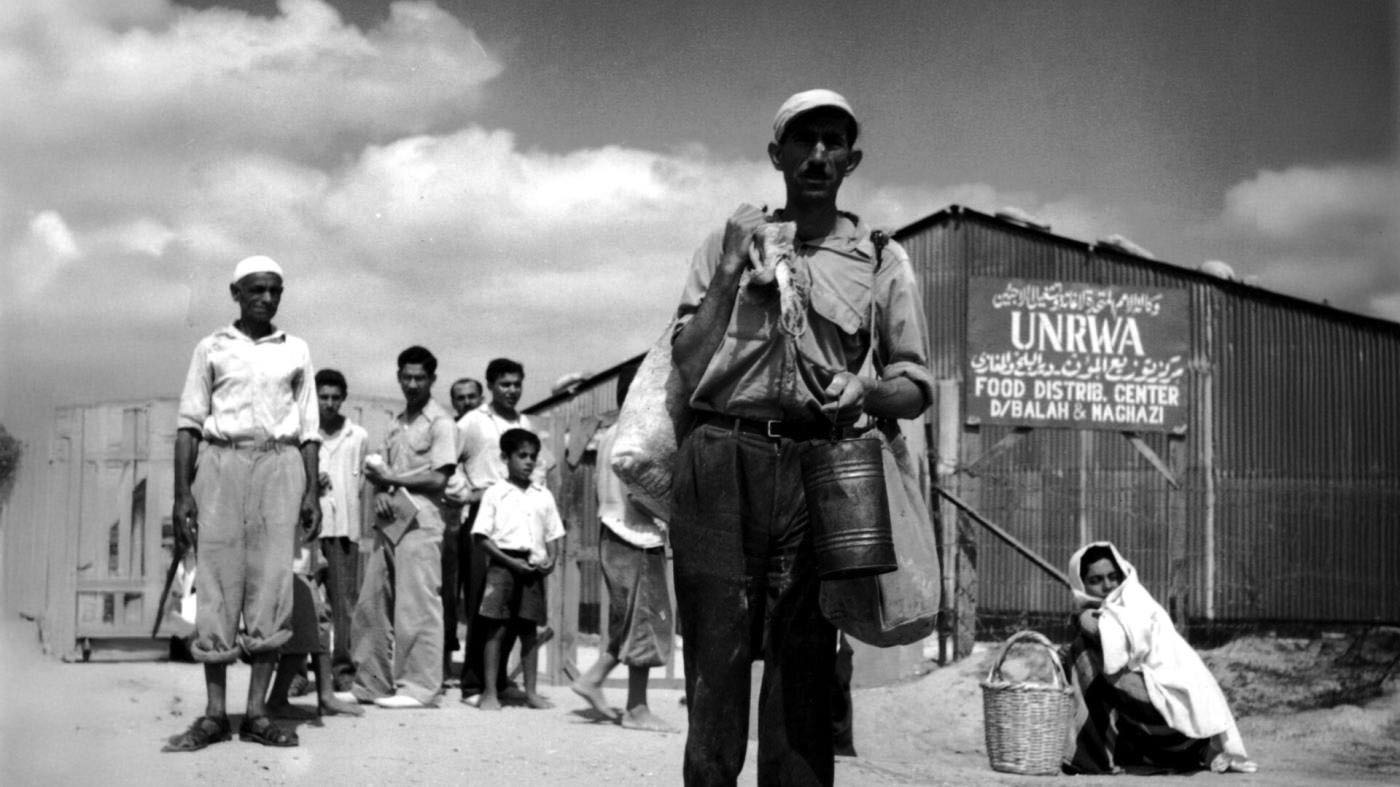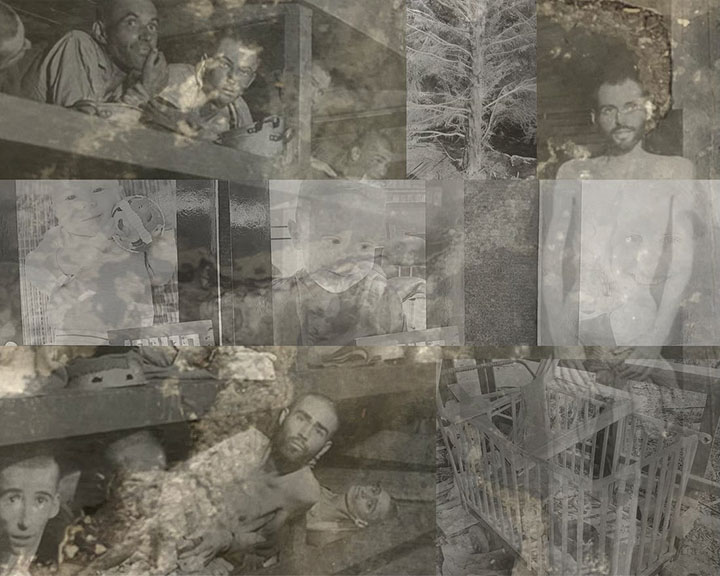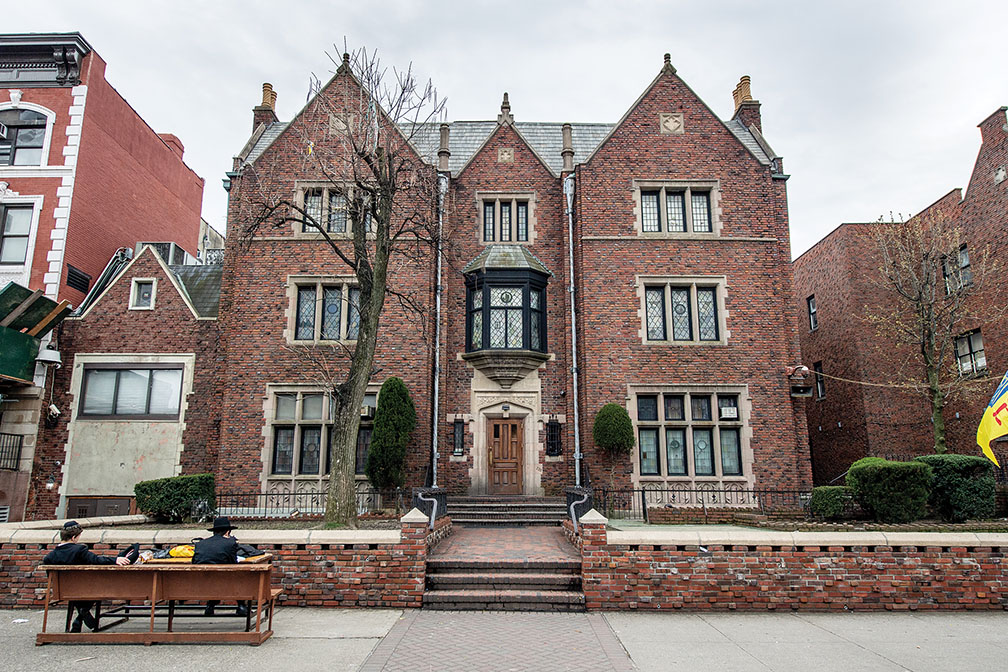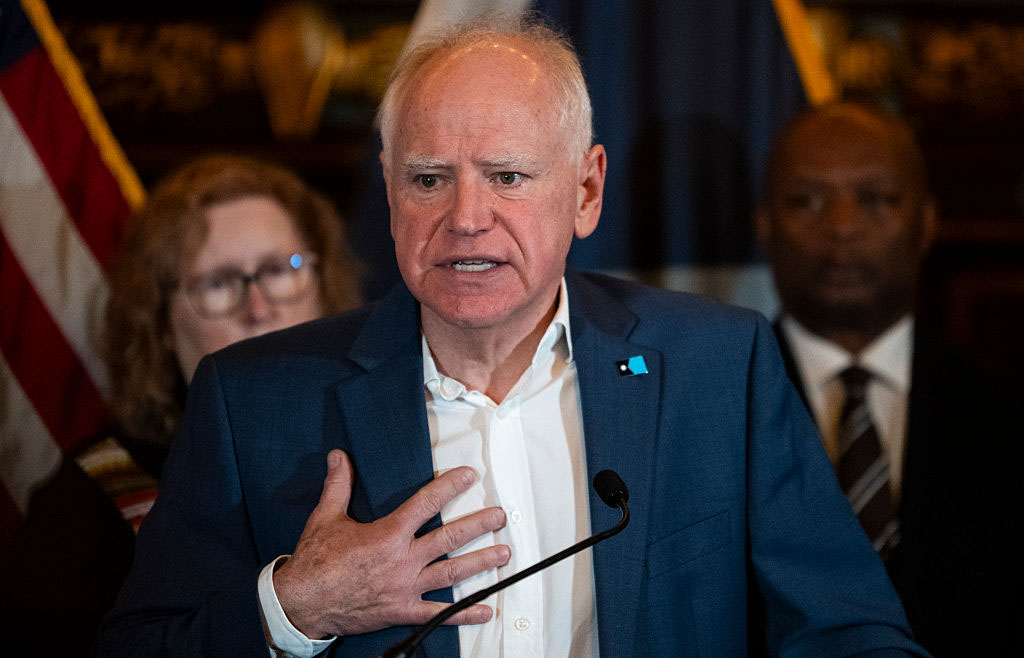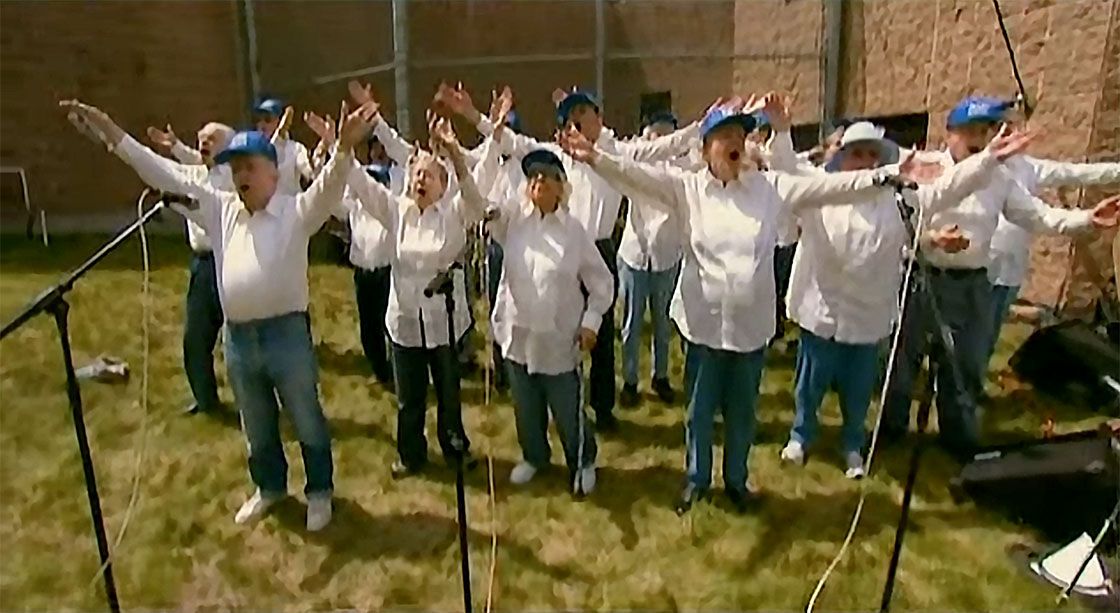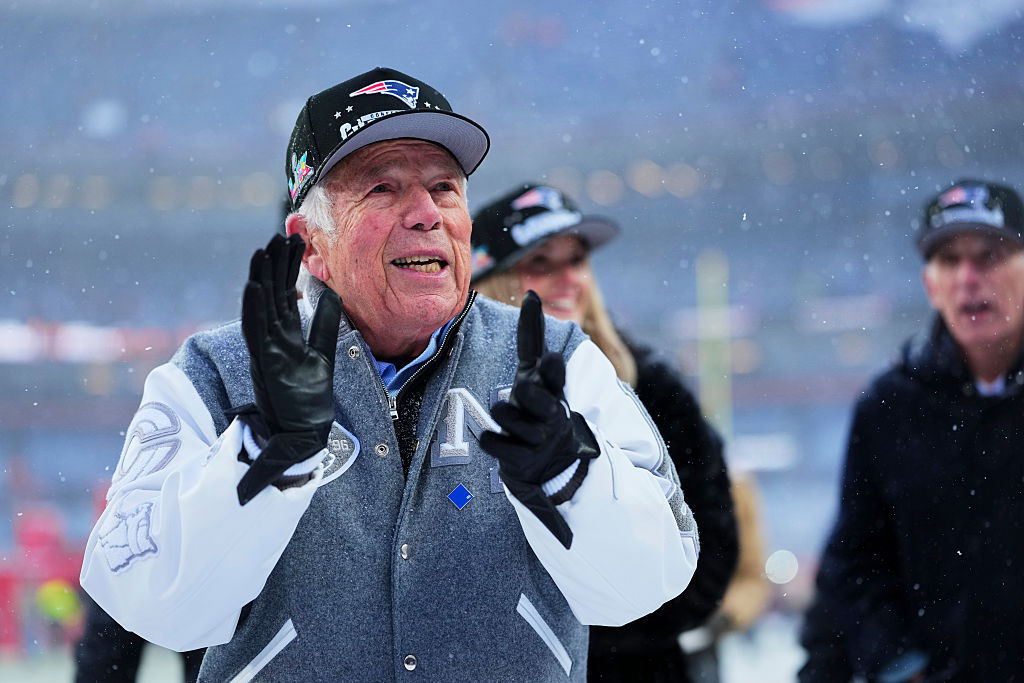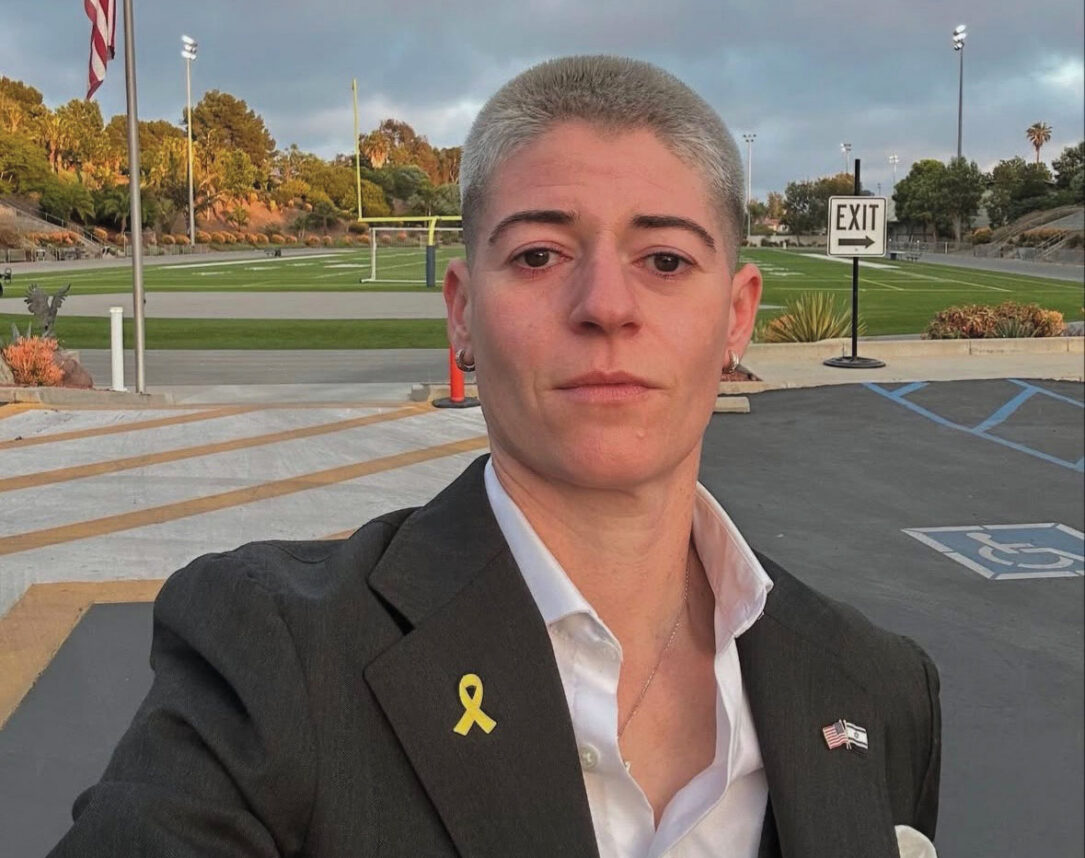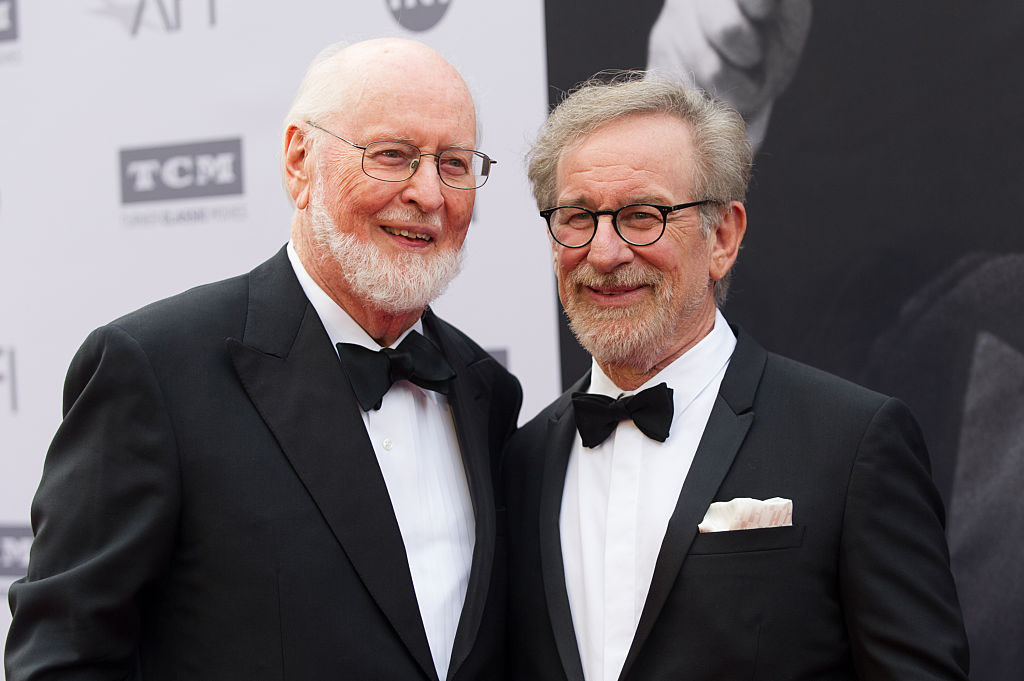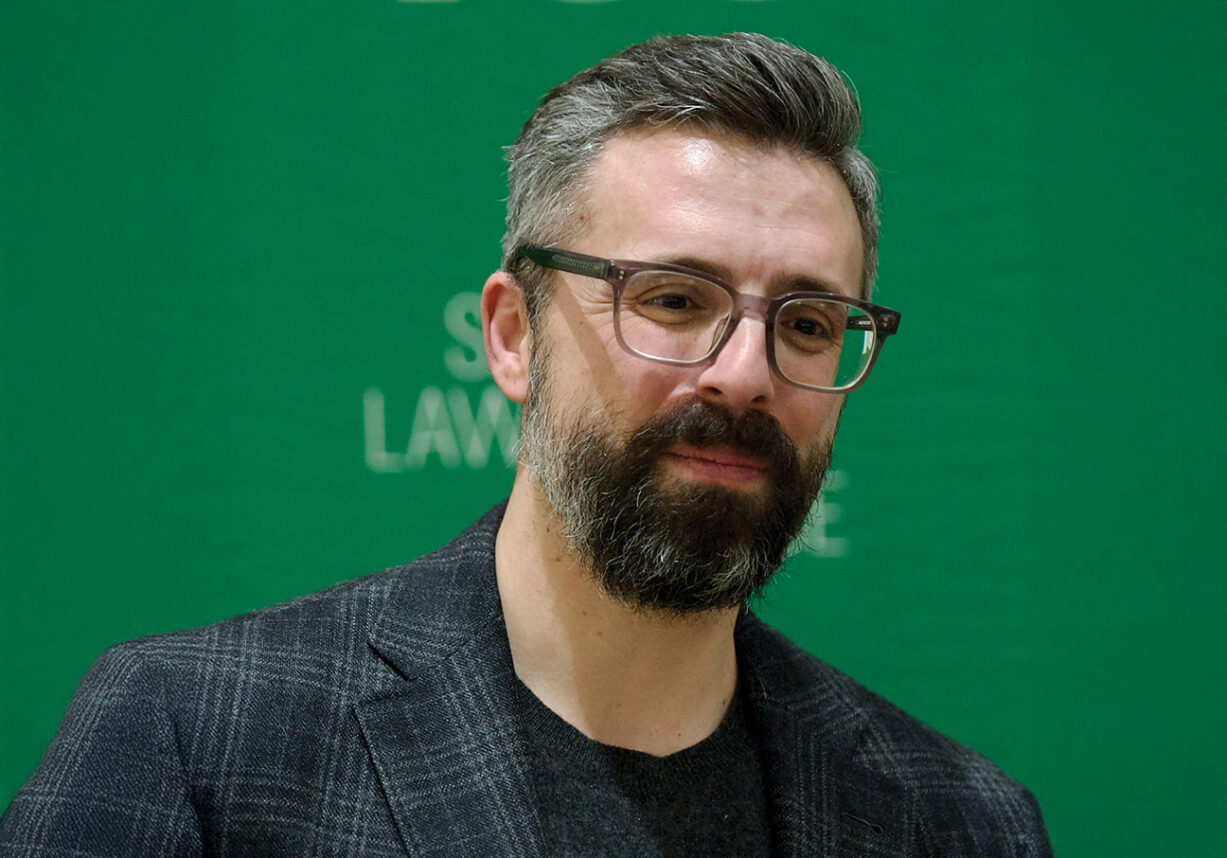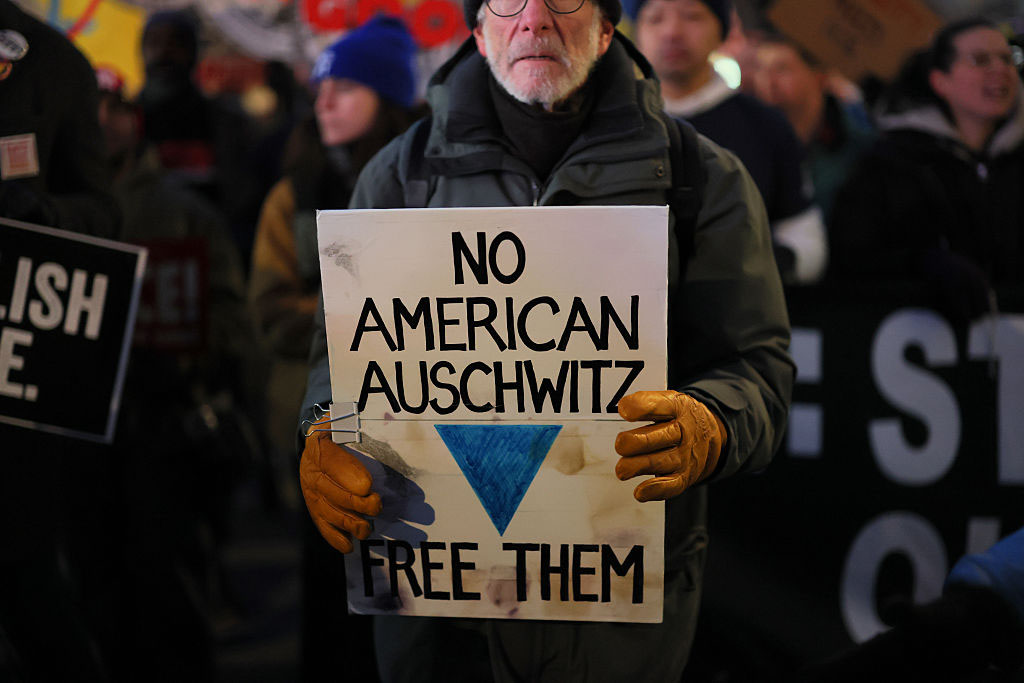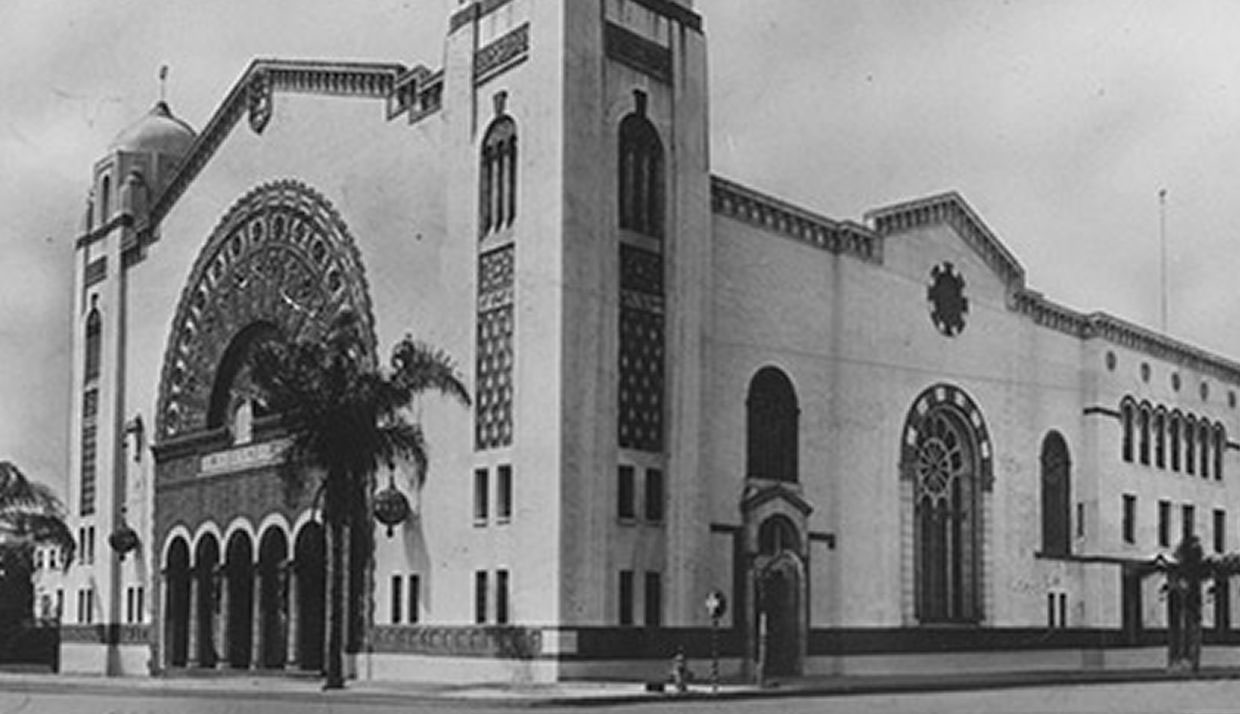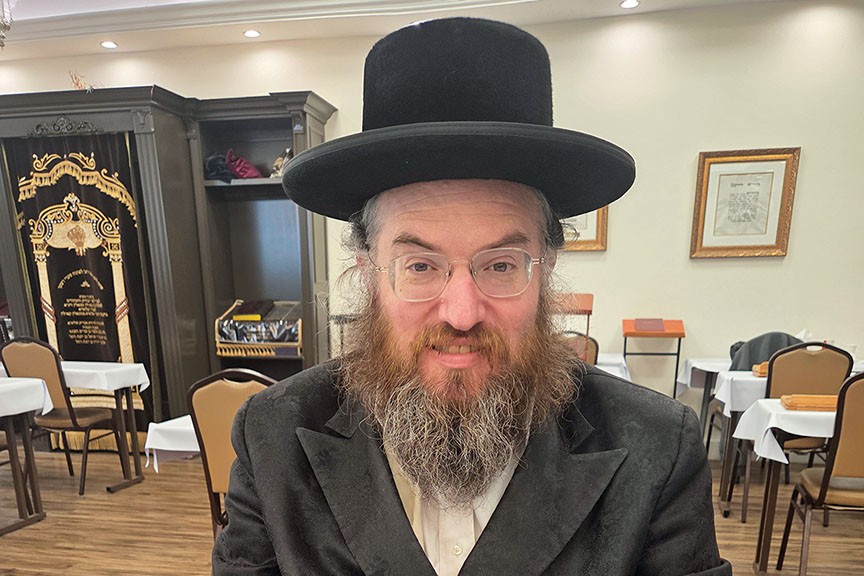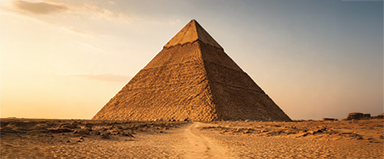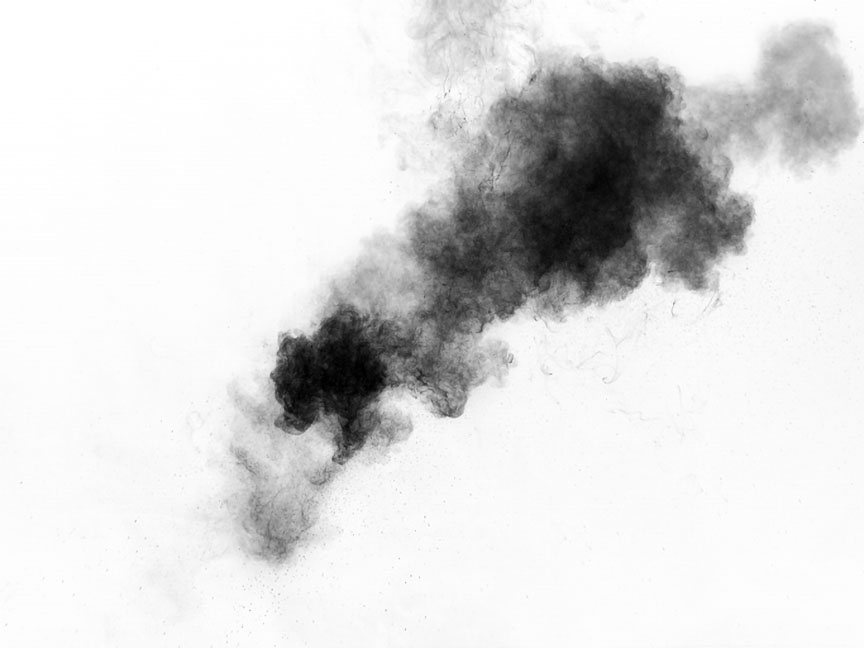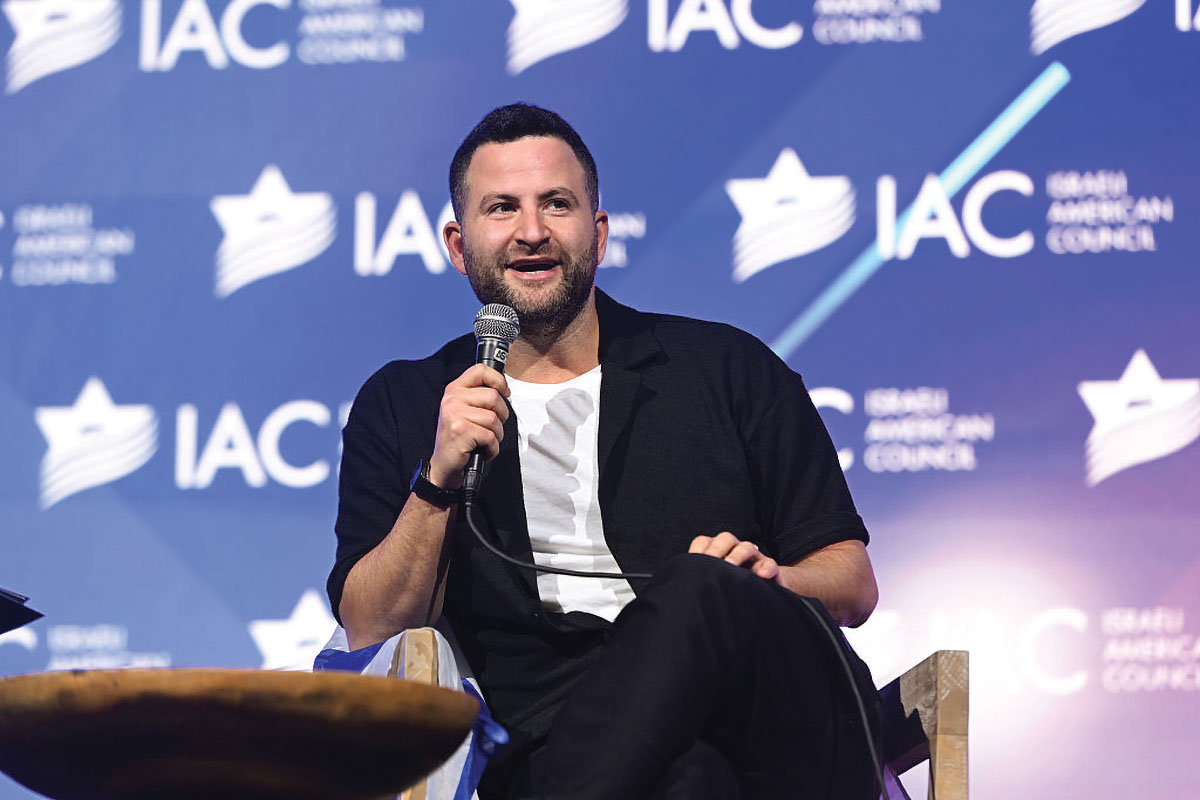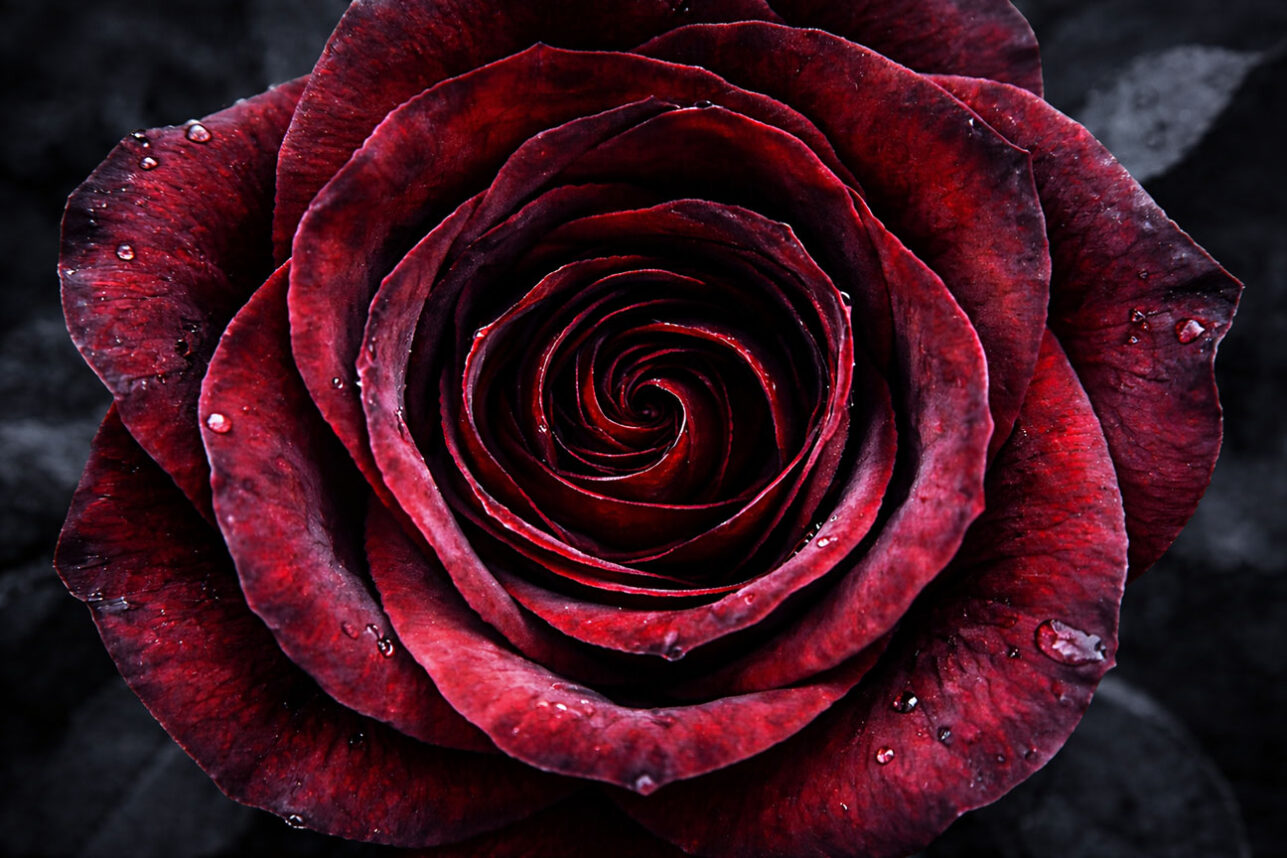“The Unthinkable Thoughts of Jacob Green” by Joshua Braff (Algonquin Books, $22.95).
While fidgeting at Shabbat dinner, Jacob Green decides to play a game he calls “The Unthinkable” — imagining blasphemies that would infuriate his super-strict father. Like hurling the challah football-style at the fridge. Or making it drop from his tush. Or putting it in his mouth and thrashing his head like a doberman.
“Or if I molded it into a big breaded schlong and bumped it repeatedly against [my brother’s] forehead,” he says to himself.
If Green sounds like every teenager who’s hated mandatory Shabbat dinners, he’s also the protagonist of Joshua Braff’s viciously witty and poignant new novel, “The Unthinkable Thoughts of Jacob Green.” It’s a thorny coming-of-age story set in New Jersey suburbs, a trend recently proffered by Jewish artists such as filmmaker Todd Solondz (“Welcome to the Dollhouse”) and writer-director Zach Braff (“Garden State”).
Zach, also the star of NBC’s “Scrubs,” is Joshua’s younger brother, so it’s perhaps not surprising the siblings’ debut efforts share emotionally repressed youths and ambivalent attitudes toward Judaism. In “State,” Zach Braff’s character ridicules the moveable walls shuls erect to accommodate High Holiday Jews and professes, “I’m Jewish, but I’m not really Jewish.”
“Unthinkable” is Joshua Braff’s edgier answer to a childhood in which ritual wasn’t a choice, but an obligation.
“Although Abram Green wasn’t my father, luckily, there were certain rules,” the 36-year-old novelist said. Churlish rabbis supervised tzitzit inspection at his Orthodox elementary school yeshiva; bar mitzvah thank-yous had to be written and proofed; the teenage Braff had Conservative Hebrew school three times a week and an older brother who scribbled sardonic drawings behind the rabbis’ backs.
“His bitterness toward it all was kind of attractive,” the mild-mannered Braff said. “I was kind of the middle, sensitive child, so I looked up to my brother and was proud of his ability to rebel.”
Although Braff repressed his own rebellious thoughts as a boy, he lets loose in “Unthinkable,” which he describes as “perhaps a bit of a primal scream, albeit highly fictionalized.” His protagonist imagines bar mitzvah thank-yous detailing his lust for the nanny.
“I had no idea that they made bookends out of Jerusalem stone,” another imaginary note says. “We were able to hoist them up on my bookshelf yesterday. They looked really great up there before my shelving collapsed into a cloud of snapped particleboard.”
Green’s older brother, meanwhile, gets busted for the “disturbingly accurate pencil drawing of Rabbi Belahsan … found pinned-up in the yeshiva library. In it, the rabbi was in a consensual threesome with a lobster and an erect pig.”
How have readers responded to the lobster and the pig?
“I’ve gotten a lot of reaction to that — so far, all good,” Braff said.
Yet, he concedes others may not be amused when he participates in an upcoming Jewish Book Council tour.
“I wrote the novel, especially the religious stuff, with a certain amount of reckless abandon,” he said. “If I offend anyone, I’ll certainly apologize, but I don’t think the book is self-hating. It’s just kind of rebellious, kind of a shout out — like that Woody Allen scene where the rabbi is on a game show and his wife force feeds him bacon. It’s twisted, and out of context, ridiculous, but at the same time kind of shocking and funny.”
The darkly comic novel began, innocuously enough, with musings about Braff’s yeshiva lunchbox several years ago. Having written myriad short stories also featuring “unheard, precocious children,” he hoped to create a book “that was not a memoir but that drew on real emotion and memory,” he said.
Stream-of-consciousness writing exercises helped, notably a drill in Anne Lamott’s “Bird by Bird” that suggested jotting items remembered from one’s grade school lunchbox.
Braff’s thoughts drifted back to his yeshiva’s cafeteria and to his kosher lunch ensconced in a “Waltons” box. Of why he preferred that treacley drama to “The Incredible Hulk,” he says in an essay, “Sensitive and troubled middle child of early 1970s New Jersey vintage stares longingly at the sleepy ease of this unconditionally ‘normal’ 1940s family.”
“I certainly had warmth and affection in my home,” he told The Journal, “but I would have loved to have had the freedom of being on Walton’s Mountain at times instead of being in a place in which there was quite that much ritual. At yeshiva, I always felt like I was fumbling those rituals, and that there was always a rabbi who was not interested in explaining anything but who just kind of barked at me.”
Braff dropped Judaism when he left home to attend New York University; he began his return during a college trip to Israel in which the culture “for the first time was on my terms,” he said. “I remember being at the Wailing Wall and absorbing in a different way than I had before.”
Now he has a Jewish wife and children: “We have fun with the holidays,” he said. “It’s been reinvented, in a way.”
Since Braff revisits touchier years in “Unthinkable,” he was understandably nervous about showing a draft to his parents before publication. Turns out he need not have worried: “They’re supportive, so they were encouraging.” he said. “My dad did say, ‘The father figure is terrible,’ and he wanted to know if it was him. I told him, ‘Certainly not.'”
Yet that character and others are so vividly drawn, Kirkus Reviews noted that “Unthinkable” is “compulsively readable, in a horrifying sort of way. What will Braff do next now that he’s gotten that off his chest?”
The author’s answer isn’t unexpected.
“I think I’m probably going to write about a family, and I think they’re going to be Jewish,” he said.
Braff’s “Unthinkable” launch party is Sept. 18, 7 p.m. at Book Soup, 8818 Sunset Blvd., West Hollywood, (310) 659-3110. He’ll also appear Oct. 17, 7:30 p.m., at Fais Do-Do, 5253 West Adams Blvd., Los Angeles as part of First Fiction 2004, a reading by five debut novelists. For information, call (310) 659-3684.
When I get to my classroom, my stomach begins to clench. I put my books and lunch box by my desk and move slowly into the [tzitzit] inspection line behind Ari Feiger. Ari has a glandular issue that gives him breasts and makes him smell like wet skin. He also has striped pajama bottoms that creep out the back of his pants and a dirty blond afro that can actually hold pencils. When I ask him if he has an extra tzitzit he says, "Yes, but not for you," and walks away from me.
"Ari," I say, following him, "I’ll pay you for it."
"I put on a clean one after lunch," he says. "It’s not for sale."
"But I forgot mine," I whisper.
When he hears this he turns to the other six boys in my class and starts singing the word tzitzit to the tune of "The Flintstones." "Tzitzit, meet the tzitzit, have a yabba-dabba tzitzit, a yabba tzitzit, you’re gonna be so screwed. Ya’akov’s got no tzitzit!" he yells and points at me.
"Shhhh! Shut up, Ari. The rabbi will hear you."….[Now] Rabbi Mizrahe moves toward the lineup and touches each of Gary Kaplan’s tassels. Gary sings along to "Torah Torah" but stops completely when the rabbi steps past him. I feel a sour and tingly stomach-burning climb up my throat. I try to swallow but I have no spit. Michael Bornstein is next. His yarmulke needs centering but his tzitzit has never hung better. And then I see him. I see my brother, [Asher]. He’s hopping in the hallway, trying to find me. I shake my head. "Too late," I say without sound. Too late.
As the rabbi moves closer, our eyes meet. I sing with him, "…tziva lanu Moshe." I watch his fingers touch Ari’s tassels. I watch him finish and step up to me.
"Excuse me, Rabbi Mizrahe," says Asher.
The rabbi stops his song and turns to the door. Asher keeps his eyes from me and takes a step closer.
"I need to tell my brother something. May I see him for a second, please?"
Rabbi Mizrahe faces me and nods his head. Asher steps up and grabs me by the elbow. He leads me back toward the door.
"Do not leave this classroom," the rabbi says. "Torah, Torah, Torah…"
Asher holds my shoulders and turns my back to my classmates. He reaches in his pocket for his balled-up tzitzit and crams it down the front of my pants."
"No time to put it on," he whispers. "Untuck your shirt and let the fringes just hang over your belt." — From "The Unthinkable Thoughts of Jacob Green" © 2004 by the author. Reprinted by permission of Algonquin Books of Chapel Hill, a division of Workman Publishing.









